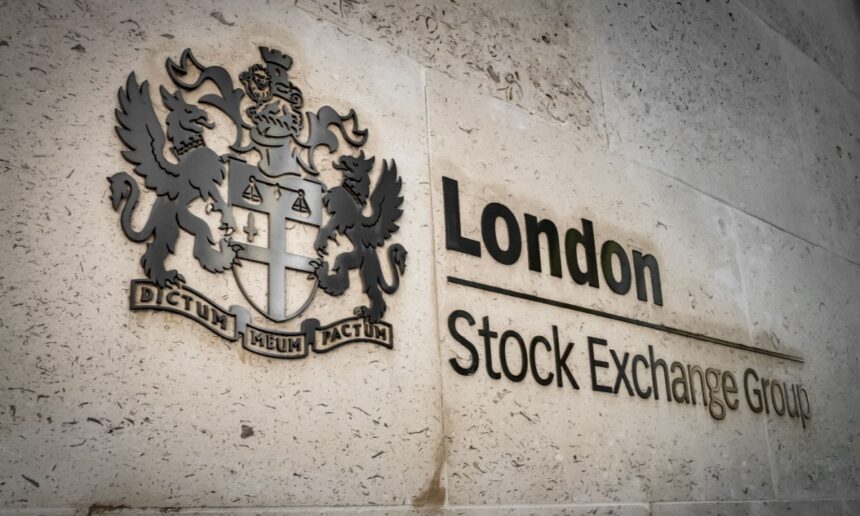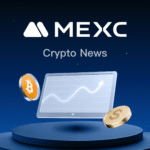A new release from LSEG has announced the launch of its Digital Markets Infrastructure (DMI) platform, designed to support the full asset lifecycle across various asset classes. This includes key functions such as issuance, tokenization, distribution, post-trade asset settlement, and servicing. The platform aims to create a regulated environment that facilitates interaction among participants in the international market. It is specifically designed for general partners to engage effectively with professional investors, allowing these investors to discover, analyze, and access opportunities in private markets.
LSEG has ambitious plans to expand the DMI platform beyond private funds to incorporate additional asset classes in the future. Darko Hajdukovic, head of digital markets infrastructure at LSEG, emphasized the company’s commitment to improving access to private markets. He highlighted goals of streamlining workflows, enhancing distribution channels, and enabling liquidity within the marketplace. The collaborative effort aims to strengthen efficiencies and facilitate connectivity, catering to both digitally-native financial products and traditional assets.
The DMI platform is built on Microsoft Azure, indicating a significant partnership between LSEG and Microsoft aimed at developing and scaling this innovative platform. Bill Borden, a corporate vice president at Microsoft, commented on their collaboration, noting that their joint efforts are focused on reshaping the future of global finance. He stressed the intention to empower customers to unlock new opportunities while driving meaningful change.
Recently, reports surfaced about LSEG’s intentions to create a blockchain-based digital markets business, positioning itself as a pioneer among major exchanges in offering blockchain-based trading for traditional financial assets. The aim is to maintain regulatory compliance while making processes more efficient, transparent, and cost-effective.
In a related move, Nasdaq had filed a proposal with the Securities and Exchange Commission to enable trading of stocks and exchange-traded products on its primary electronic platform in either traditional digital or tokenized formats. Should this proposal receive approval, it would mark the first instance of tokenized securities trading on a major U.S. stock exchange, signifying a substantial step toward integrating blockchain-based settlement systems into the national market.







